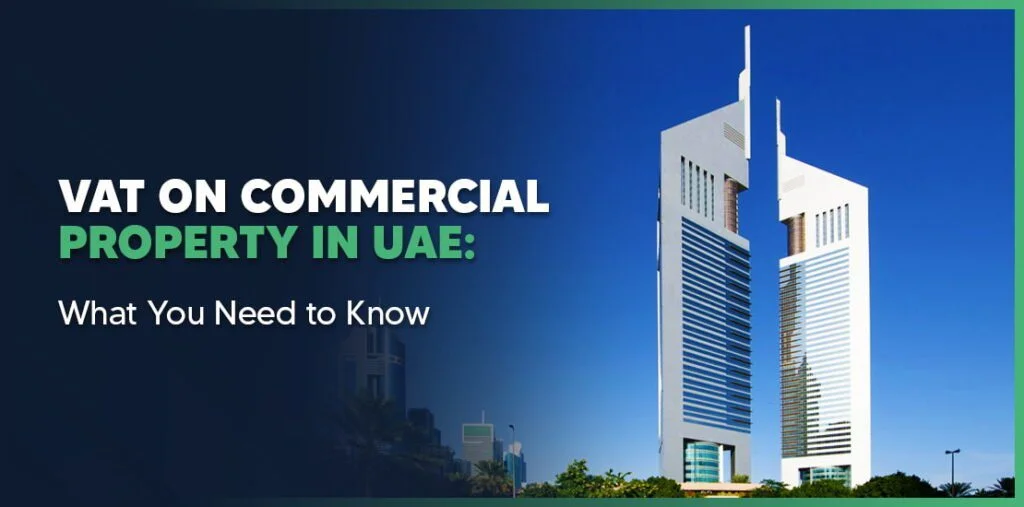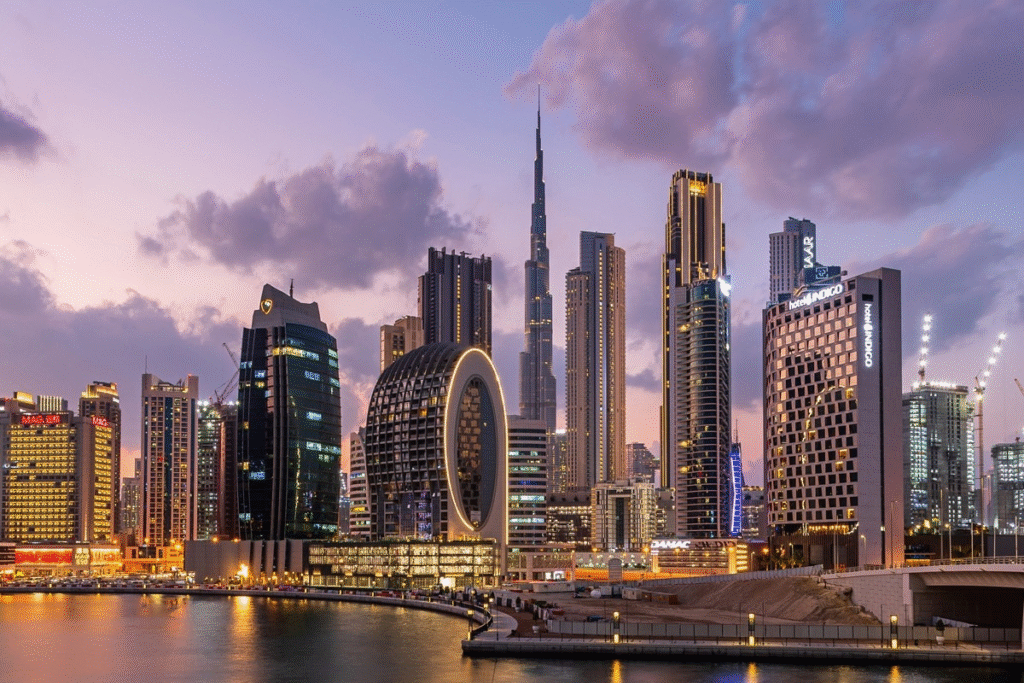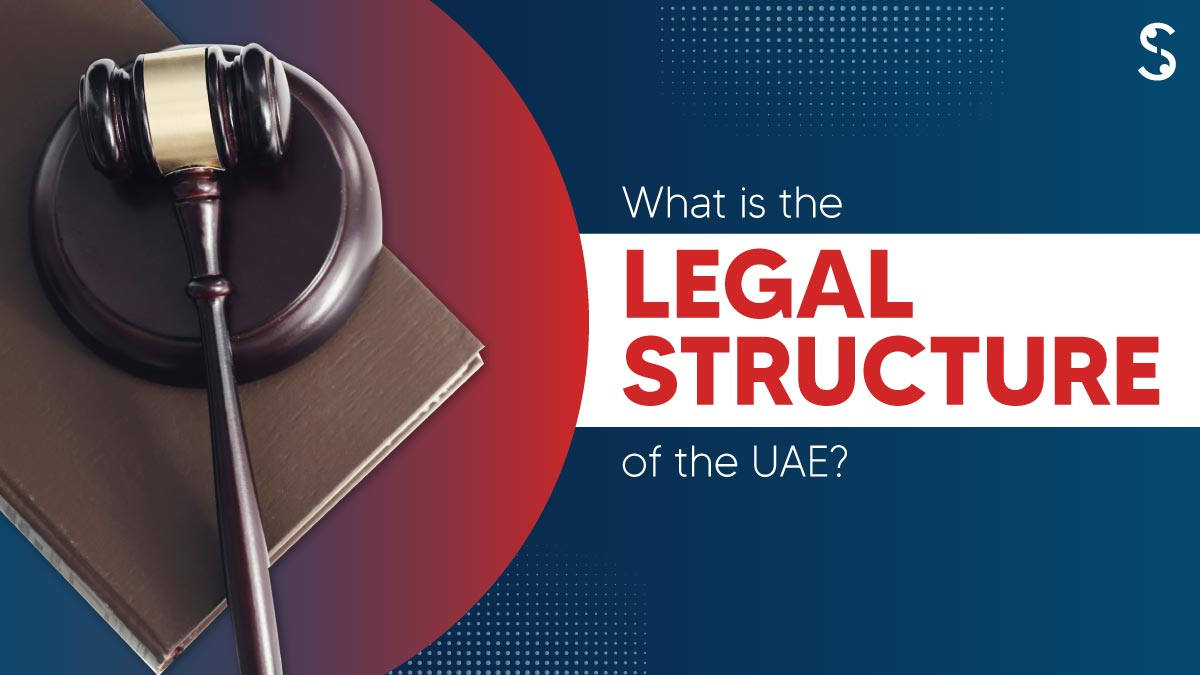Now Reading: Dubai Real Estate: 7 Key Rules For Avoiding VAT On Commercial Units
-
01
Dubai Real Estate: 7 Key Rules For Avoiding VAT On Commercial Units
Dubai Real Estate: 7 Key Rules For Avoiding VAT On Commercial Units

Table of Contents
Dubai’s real estate market is a magnet for investors seeking luxury and commercial opportunities, but navigating the tax landscape is crucial for maximizing returns. Since the introduction of Value Added Tax (VAT) in the UAE in 2018, commercial properties have been subject to a 5% VAT, unlike residential properties, which are generally exempt.
For buyers of commercial units such as offices, retail spaces, or mixed-use developments understanding how to legally avoid or minimize VAT is essential to reduce costs and enhance investment value. This article outlines seven key rules to help luxury property buyers avoid VAT on commercial units in Dubai, ensuring compliance while optimizing financial outcomes.
1. Purchase for Residential Use
The simplest way to avoid VAT on a property purchase is to ensure the unit is classified as residential rather than commercial. In Dubai, residential properties, including apartments and villas intended for personal use, are exempt from the 5% VAT. If a commercial unit, such as an apartment in a mixed-use development, is purchased for personal residential use rather than leasing or business purposes, it qualifies for VAT exemption.
For example, a luxury apartment in a Business Bay tower designated for personal occupancy avoids VAT, whereas the same unit leased commercially would incur the tax. Buyers must clearly state their intent for residential use in the purchase agreement and ensure the property meets the UAE Federal Tax Authority’s (FTA) definition of a residential property. Consulting a tax advisor during the purchase process can help confirm the property’s classification and secure the exemption.
2. Opt for First-Time Sales from Developers

The first sale of a residential property by a developer within three years of completion is VAT-exempt, even if the property is in a mixed-use development that includes commercial units. This rule can apply to certain commercial units if they are reclassified as residential for the initial sale. For instance, a developer selling an off-plan unit in a mixed-use project may structure the sale as residential to attract buyers, avoiding the 5% VAT.
To leverage this rule, buyers should target off-plan or newly completed projects and verify with the developer whether the unit qualifies for VAT exemption. Reviewing the sales contract and ensuring compliance with FTA guidelines is critical to confirm the tax-free status of the transaction.
3. Avoid Leasing the Property Commercially
VAT is triggered when a property is used for commercial purposes, such as leasing it out for business activities. To avoid VAT, buyers can choose to hold the commercial unit for personal use or leave it vacant rather than renting it out. For example, purchasing an office space in DIFC for personal business operations (without generating taxable rental income) can help sidestep VAT obligations.
However, if leasing is part of the investment strategy, buyers must register for VAT if their annual taxable supplies exceed AED 375,000, as required by the FTA. To avoid this, consider alternative uses, such as converting the unit for personal or family use, provided it aligns with zoning regulations. Buyers should consult legal and tax professionals to ensure the property’s use complies with local laws while maintaining VAT-exempt status.
4. Invest in Free Zone Properties
Dubai’s free zones, such as Dubai International Financial Centre (DIFC) and Dubai Multi Commodities Centre (DMCC), offer tax advantages that can help avoid VAT on commercial units. Properties in these zones are often treated as VAT-free for certain transactions, particularly if the buyer is a free zone entity or the property is used for exempt activities. For instance, purchasing a commercial unit in DIFC for use by a free zone-registered business may qualify for VAT exemption under specific conditions.
To benefit, buyers should ensure the property is located in a designated free zone and that their business entity is registered within that zone. Free zone regulations can be complex, so engaging a tax consultant familiar with DIFC or DMCC policies is essential to confirm eligibility and navigate ownership restrictions.
5. Structure Purchases Through VAT-Exempt Entities
Certain entities, such as government bodies or specific free zone companies, may be exempt from VAT on commercial property purchases. High-net-worth individuals or businesses can explore structuring their purchase through such entities to avoid the 5% VAT. For example, a free zone company with VAT-exempt status purchasing a commercial unit for its own use (not for leasing) may bypass VAT obligations.
This strategy requires careful planning, as the entity must meet FTA criteria for exemption, and the property’s use must align with the entity’s purpose. Buyers should work with tax advisors to establish the appropriate legal structure and ensure compliance with UAE regulations, avoiding potential penalties for incorrect VAT treatment.
6. Utilize VAT Recovery for Eligible Businesses
If VAT cannot be entirely avoided, eligible businesses can recover the 5% VAT paid on commercial property purchases through input tax recovery. Businesses registered for VAT in the UAE can claim back the VAT incurred on expenses related to their taxable activities, such as purchasing a commercial unit for leasing or business operations. For instance, a company buying an office in Downtown Dubai for rental purposes can recover the VAT paid on the purchase if it generates taxable supplies.
To maximize recovery, buyers must maintain accurate records, file timely VAT returns, and ensure the property is used for taxable activities. Consulting a tax professional can help streamline the recovery process and ensure compliance with FTA requirements, effectively reducing the net cost of the purchase.
7. Negotiate Developer Incentives
Some developers offer incentives to offset VAT costs, particularly for off-plan or high-value commercial units. These may include absorbing the 5% VAT, covering DLD transfer fees, or providing discounts equivalent to the tax amount. For luxury buyers, negotiating such incentives can significantly reduce the financial burden of VAT. For example, a developer selling a retail space in a new Dubai Marina project might agree to cover VAT to secure a high-net-worth buyer.
To capitalize on this, buyers should research market trends, compare developer offers, and negotiate terms early in the purchase process. Working with a reputable real estate agent can help identify developers offering VAT-related incentives and ensure these are clearly documented in the sales agreement.
Strategic Planning for VAT-Free Purchases

Avoiding VAT on commercial units in Dubai requires careful planning and a clear understanding of the property’s intended use, ownership structure, and market opportunities. Buyers should start by assessing whether the unit can be classified as residential or purchased as a first-time sale to qualify for exemptions. Exploring free zone properties and VAT-exempt entities offers additional avenues for tax savings, while VAT recovery provides a fallback for businesses. Negotiating developer incentives can further reduce costs, particularly for high-value transactions.
To execute these strategies effectively, buyers should engage tax advisors, legal consultants, and RERA-registered real estate agents to ensure compliance with FTA regulations and Dubai’s real estate laws. By applying these seven rules, investors can minimize VAT exposure, enhance returns, and secure their place in Dubai’s thriving commercial property market.
Conclusion
Dubai’s commercial real estate market offers immense potential for luxury buyers, but the 5% VAT on commercial units can add significant costs. By leveraging exemptions for residential use, first-time sales, free zone properties, and VAT-exempt entities, buyers can avoid unnecessary tax burdens. Additionally, recovering VAT for eligible businesses and negotiating developer incentives provide practical ways to reduce expenses. With careful planning and professional guidance, luxury property buyers can navigate Dubai’s tax landscape confidently, ensuring their commercial investments are both financially rewarding and compliant with UAE regulations. Dubai Real Estate
read more: Dubai Property Transfers: 6 Critical Fees Buyers Must Accurately Budget






















